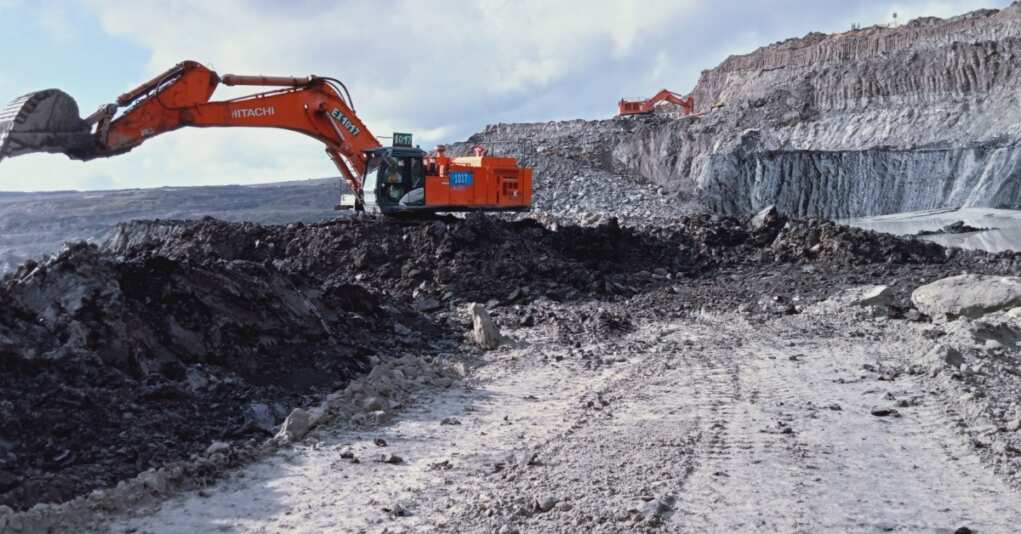When Foreign Mines Default on American Dollars, Who’s Left Holding the Bag?

Here we go again. Another foreign company, another American-backed loan, and another default. This time, it’s Syrah Resources, an Australian mining firm, that’s decided to leave Uncle Sam hanging. They’ve defaulted on U.S.-backed loans tied to their graphite mine in Mozambique, citing political unrest. Because, of course, it’s never their fault. It’s the chaos in Mozambique, the weather, or maybe the stars weren’t aligned—anything but their own poor planning.
For those keeping track, this is how it usually works. American taxpayer dollars—because let’s be real, government-backed loans are your dollars—get sent overseas to support “critical” industries like mining. The idea is that these investments help secure resources we supposedly need for the future, like graphite for electric car batteries. But when things go south, as they often do in unstable regions, it’s not the mining companies or the foreign governments who suffer. It’s us. We’re left holding the financial bag, wondering why our money was ever there in the first place.
Now, let’s take a closer look at this particular case. Syrah Resources was handed a sweetheart deal to mine graphite in Mozambique, a country not exactly known for its political stability. Predictably, unrest erupted, production slowed, and now Syrah is crying foul. They’re essentially saying, “Oops, can’t pay back that loan. Sorry about that!” And the U.S. government? Well, they’ll grumble a bit, maybe send a strongly worded letter, but ultimately, they’ll shrug it off. Because who cares about a few million dollars when it’s not your own money, right?
What’s most infuriating is how we got here. For years, the green energy lobby has insisted that we must transition to electric vehicles and renewable energy as fast as humanly possible. And what do those industries require? Minerals like graphite, lithium, and cobalt—most of which are conveniently located in far-flung places with dodgy governments. So, to feed the green energy machine, we pour money into these regions, hoping for the best. Spoiler alert: the best rarely happens.
And let’s not ignore the broader implications. This isn’t just about one company or one mine. It’s about a pattern of reckless spending and misplaced priorities. While American infrastructure crumbles and families struggle to make ends meet, our government is busy funding mining projects halfway around the world. Why? To prop up industries that can’t stand on their own without massive subsidies. It’s the ultimate irony: the green movement, which claims to be about sustainability, is built on a foundation of unsustainable practices.
Meanwhile, the people pushing these policies—the climate activists, the politicians, the corporate elites—never seem to feel the consequences. They get their electric cars, their ESG-certified portfolios, and their moral superiority. The rest of us? We get stuck with the bill. And when these projects inevitably fail, as Syrah’s did, we’re told to suck it up and move on. After all, it’s all in the name of saving the planet, right?
Here’s the reality: if we’re going to invest in critical industries, let’s start at home. The United States has plenty of untapped resources, but thanks to overregulation and environmental red tape, we’re forced to look elsewhere. Instead of funding mines in Mozambique, why not create jobs and build infrastructure here? Why not ensure that our investments benefit Americans first, instead of lining the pockets of foreign companies and corrupt regimes?
But that would require a level of common sense that’s in short supply these days. Instead, we’ll continue down this path, throwing good money after bad, while the green energy lobby cheers us on. And when the next company defaults, the same excuses will be trotted out: political unrest, unforeseen circumstances, or maybe a particularly bad horoscope. Meanwhile, the American taxpayer will keep footing the bill, wondering when, if ever, this madness will end.
If there’s one thing this story teaches us, it’s that “sustainability” has nothing to do with sustaining your wallet or your country. It’s about sustaining a narrative—one that benefits the few at the expense of the many. And until we wake up to that reality, we’ll keep paying for it, one failed mining project at a time.






